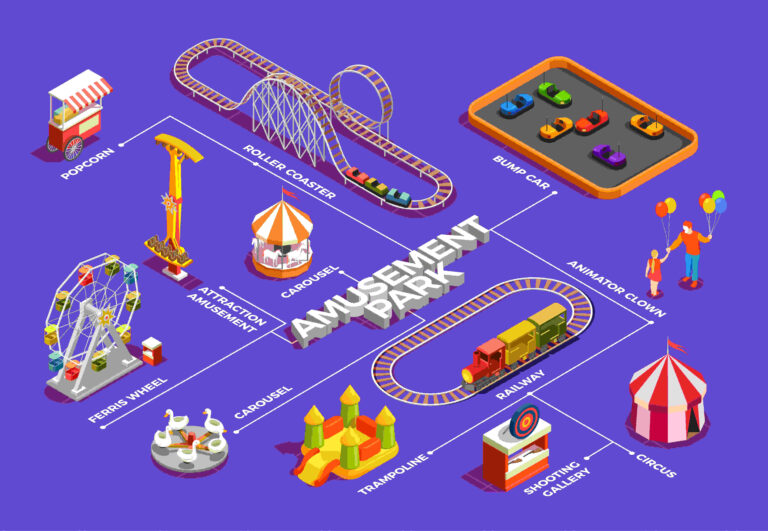In recent years, the world of sports has witnessed a monumental shift propelled by the integration of Artificial Intelligence (AI) technologies. From enhancing athlete performance to revolutionizing fan engagement, AI has become a game-changer across various sports domains. Let’s delve into how is reshaping the landscape of AI in sports.
Performance Analysis and Predictive Insights:
AI-driven algorithms analyze vast amounts of data including player statistics, match footage, and environmental factors to provide actionable insights. Coaches and analysts leverage these insights to optimize strategies, improve training regimens, and make informed decisions during matches. Predictive analytics assist teams in foreseeing potential outcomes, enabling them to adapt their gameplay in real-time.
Injury Prevention and Management:
AI-powered wearables and sensors monitor athletes’ biometric data such as heart rate, movement patterns, and muscle fatigue. By analyzing this data, coaches and medical staff can identify injury risks and implement personalized training programs to mitigate them. AI algorithms also aid in faster diagnosis and rehabilitation, ensuring athletes recover swiftly and resume peak performance.
Referee Assistance and Decision-Making:
AI technologies like computer vision and machine learning assist referees in making accurate and fair decisions during matches. Video assistant referee (VAR) systems analyze footage to detect fouls, offside situations, and other contentious incidents, reducing human errors. This enhances the integrity of the game and minimizes controversies surrounding referee judgments.
Fan Engagement and Experience:
AI-powered platforms offer personalized content and interactive experiences to fans, enhancing their engagement with their favorite sports teams and events. Chatbots and virtual assistants provide real-time updates, statistics, and trivia, enriching the fan experience both online and offline. Virtual reality (VR) and augmented reality (AR) technologies enable immersive viewing experiences, allowing fans to feel like they’re part of the action.
Talent Identification and Recruitment:
AI algorithms analyze player performances from various leagues and tournaments worldwide to identify emerging talent. Scouting platforms powered by AI assess players’ skills, potential, and compatibility with team dynamics, aiding in recruitment decisions. This democratizes talent discovery, offering opportunities to overlooked players and diversifying talent pools in sports.
Performance Enhancement Technologies:
AI-driven simulations and virtual training environments allow athletes to practice and refine their skills in realistic scenarios. Virtual coaches provide personalized feedback and training programs tailored to individual strengths and weaknesses. This fosters continuous improvement and skill development, pushing the boundaries of athletic performance.
Data-Driven Fan Insights and Marketing:
AI analytics tools process fan behavior data from social media, ticketing platforms, and merchandise sales to generate actionable insights. Sports organizations utilize these insights to tailor marketing campaigns, develop targeted promotions, and enhance fan loyalty. By understanding their audience better, teams can create more meaningful connections and drive revenue growth.
Athlete Performance Tracking and Optimization:
AI-powered tracking systems monitor athletes’ movements, technique, and performance metrics during training and competitions. Real-time feedback and analysis enable athletes to make immediate adjustments, optimize their performance, and prevent injuries. Wearable devices equipped with AI algorithms provide personalized recommendations for nutrition, recovery, and sleep, maximizing athletes’ well-being and performance.
Conclusion:
The integration of AI in sports is not merely a technological advancement but a paradigm shift that is redefining the way athletes train, compete, and engage with fans. From optimizing performance to revolutionizing fan experiences, AI continues to push the boundaries of what’s possible in the world of sports. As technology evolves further, we can expect even more groundbreaking innovations that will continue to shape the future of sports as we know it.












